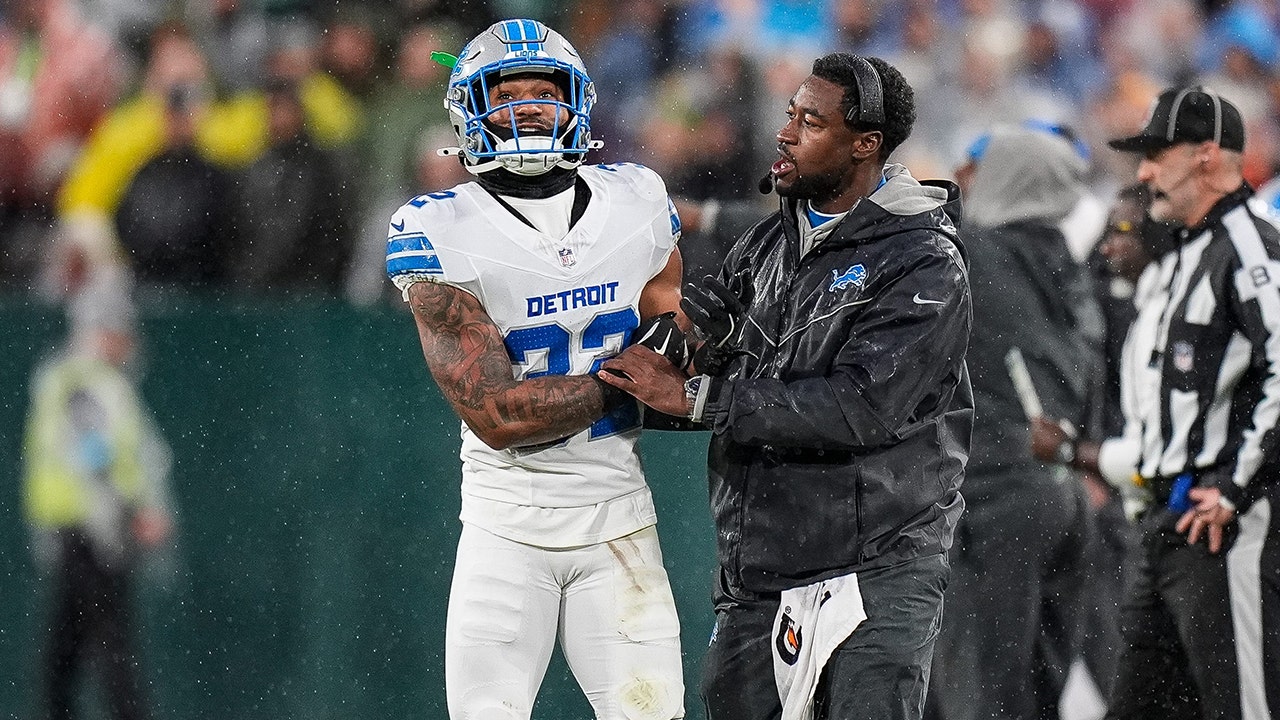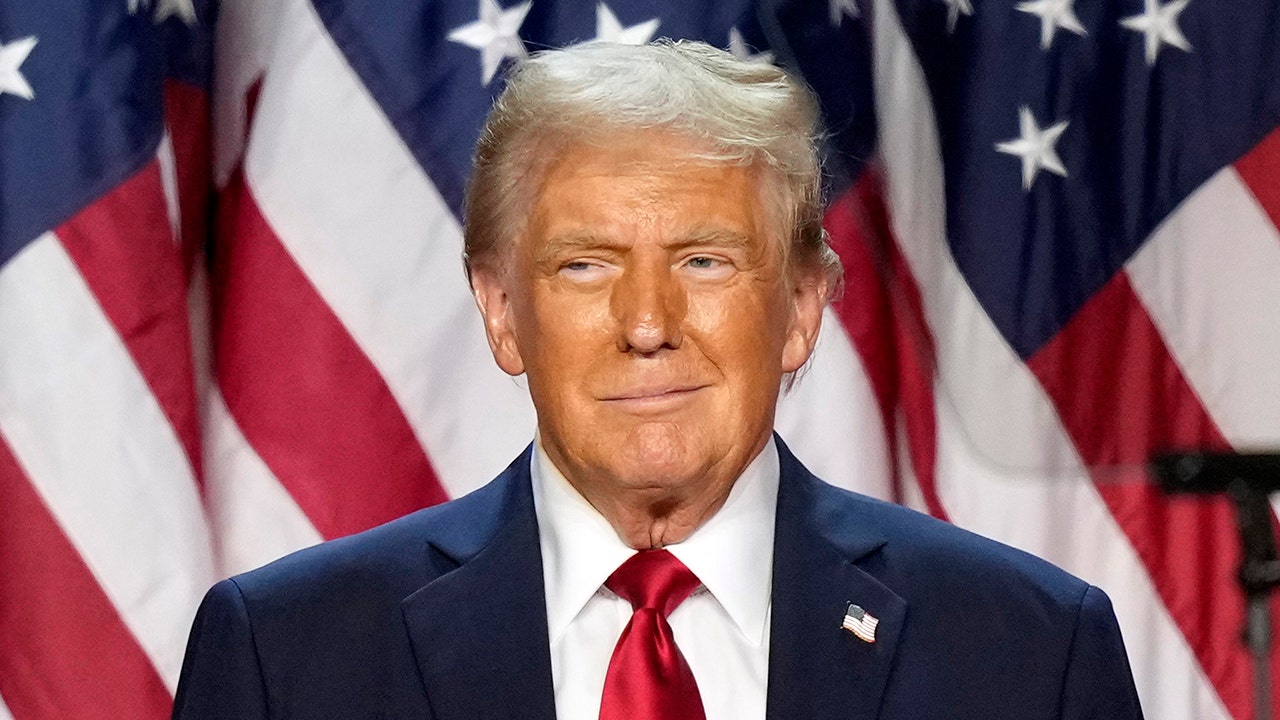SEOUL - For some women in the United States, the election on Tuesday was a referendum on women’s rights, with reproductive freedoms hanging in the balance. So with Donald Trump - who has been found liable for sexual abuse and touted his role in overturning Roe v. Wade - winning the presidency, some women say they are turning to a radical Korean feminist movement that swears off men to reclaim a sense of agency.
The 4B movement, a fringe brand of Korean feminism, has caught the attention of young Americans on Instagram and TikTok in recent days, with users espousing the merits of its four “no’s” - no sex, no dating or marriage with men and no having children. On Google, searches related to 4B surged in the hours following the U.S. election results.
Here’s what to know about the movement and how it’s capturing interest in the United States.
- - -
What is the 4B movement, and how did it start?
4B is an amorphous, online feminist movement in South Korea that took root on social media in the mid- to late 2010s, at a time when the country was undergoing a renewed reckoning with violence against women and other gender equality issues.
It’s called the 4B movement because “B” is a form of shorthand for the word “no” in Korean. “Bi-hone,” for example, is shorthand for “no marriage” or “willingly unmarried.”
In 2016, the murder of a 23-year-old woman in a public bathroom of Seoul’s bustling Gangnam Station called attention to women’s issues nationally, giving life to a years-long activist movement centered on women’s rights in a largely male-dominated society. The assailant, a 34-year-old man, had reportedly said he committed the murder because women “have always ignored” him.
By 2018, the #MeToo movement in the United States had spilled over into South Korea, spurring protests and accusations of sexual misconduct against high-profile men. Around the same time, another digital movement called “Escape the Corset” inspired many young women to cut their hair short, dress androgynously and smash their makeup palettes on social media as a rejection of consumerist culture and the male gaze.
Some may consider 4B an offshoot borne out of #MeToo or other feminist movements of that period, according to Sunyoung Park, an associate professor of East Asian languages and cultures and gender and sexuality studies at the University of Southern California at Dornsife.
“It comes from the everyday life experience of young women,” she said. “It has gone beyond the hashtag and [social media] and is making newspaper headlines because conservative men, male intellectuals, are reacting to it,” she added.
Kim said that young women - “the Instagram generation” - tend to be the primary demographic behind 4B and Escape the Corset, which she described as a digitally native tidal wave of “individualized resistance” rather than a highly organized movement.
“It’s not like anybody goes out and organizes a group and says, ‘Okay, now we are promoting 4B,’” she said.
Both the 4B movement and feminism more broadly are highly polarizing topics in South Korea, a nation with the widest gender wage gap in the Organization for Economic Cooperation and Development and the lowest birth rate in the world. On the campaign trail, South Korean President Yoon Suk Yeol - who has been described in local media as a South Korean Trump and who won partly because of a critical swing vote of young male voters - stoked gender divides by promising to abolish the Ministry of Gender Equality and Family, a move that women’s groups condemned.
“The 4B movement came out in South Korea before that, but now it has been intensified because Yoon Suk Yeol scapegoated women,” Park said. “Feminists are reacting to certain political developments.”
4B has been praised for its renegade fight against the patriarchy but has also been criticized for being too extreme.
- - -
Why interest is spiking in the United States
While to some, 4B’s tenets might sound radical, to Michaela Thomas, a 21-year-old artist who lives in Georgia, 4B is simply a way to “show people that actions have consequences.” Thomas learned about 4B online a year or so ago, she said, and attributes the recent surge in interest to young men voting for Republican candidates.
“Young men expect sex, but they also want us to not be able to have access to abortion. They can’t have both,” she said, referring to many Republican leaders’ antiabortion stance. “Young women don’t want to be intimate with men who don’t fight for women’s rights; it’s showing they don’t respect us,” she added.
Exit poll data shows that 55 percent of men voted for Trump in the Tuesday election, while 53 percent of women voted for Vice President Kamala Harris.
Park, the USC professor, said that while in South Korea, economic disparities have driven the 4B movement, in the United States, it seems its more the “political conflict and divide between gender that is giving momentum to 4B.”
“Trump was explicitly appealing to the young men voters,” during his campaign, Park said. Meanwhile, “American women see that young men are voting for this conservative candidate who is threatening their bodily autonomy.”
In the hours after Trump’s victory, young women took to sharing posts breaking down the 4B movement on social media. As a concept, “sex strikes” go back at least as far as the ancient Greek play “Lysistrata,” in which women swore off sex to protest the Peloponnesian War. In the United States, singer Janelle Monáe suggested one in 2017. Actress Julia Fox has said that she’s been celibate for more than two years in response to the overturning of Roe.
Breanne Fahs, a professor of women and gender studies at Arizona State University, said that in the wake of the election, “Young women do not trust that their reproductive rights are secure, so they are turning to new ways to assert their agency and reclaim a sense of control over their bodies.”
She noted that 4B is “everywhere” at the moment and pointed to a number of challenges faced by women, such as pressures in personal relationships “to accommodate men’s desires and fantasies” and broader issues such as increased misogyny.
“We should never be surprised when these kinds of catastrophic collisions produce in women a general refusal to play along with traditional gender roles,” she said.
Related Content
Trump coalition marks a transformed Republican Party
Harris defeat is a stinging verdict for the left
Crypto cash helps propel Trump, other allies to 2024 election victory
.png)
 German (DE)
German (DE)  English (US)
English (US)  Spanish (ES)
Spanish (ES)  French (FR)
French (FR)  Hindi (IN)
Hindi (IN)  Italian (IT)
Italian (IT)  Russian (RU)
Russian (RU) 








Comments